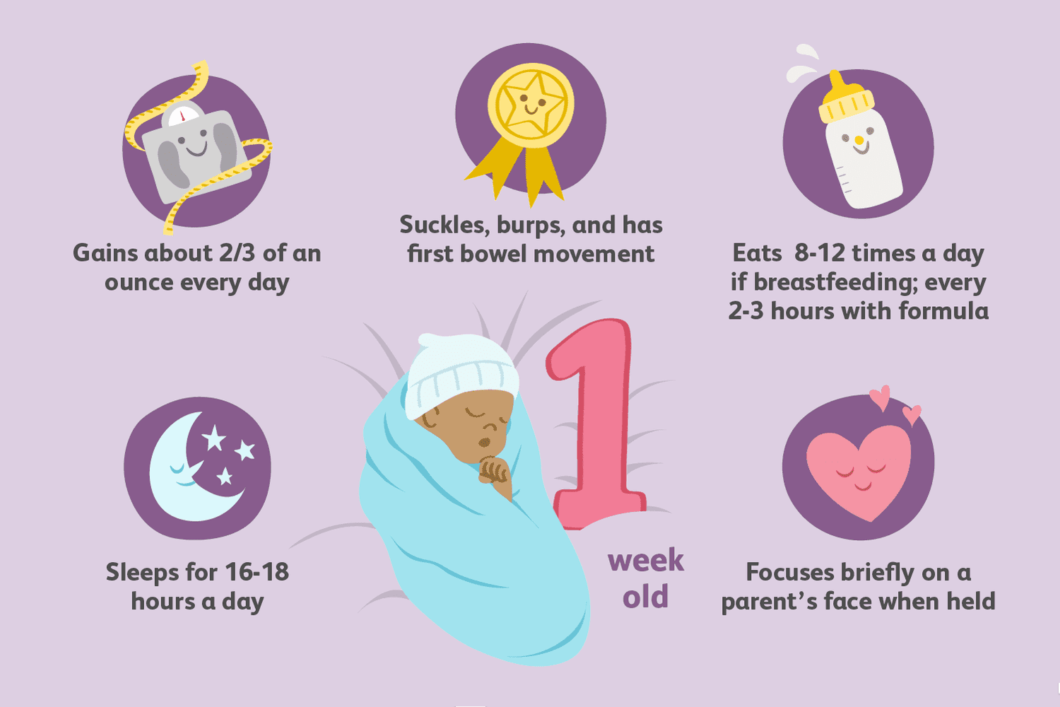Newborn Baby Feeding: A Comprehensive Guide for New Mothers
Feeding your newborn baby is one of the most important aspects of early parenthood. As a new mother, understanding your baby’s feeding needs and patterns is crucial for their growth and development. Here’s a comprehensive guide to newborn baby feeding:

1. Breastfeeding: Breast milk is the ideal food for newborns as it provides essential nutrients and antibodies for their developing immune system. Aim to breastfeed your baby every 2-3 hours or whenever they show signs of hunger, such as rooting or sucking on their fists.
2. Formula Feeding: If breastfeeding isn’t possible, formula feeding is a suitable alternative. Follow the instructions on the formula packaging to prepare the correct amount of formula for your baby’s age and weight. Newborns typically consume around 60-90 milliliters (2-3 ounces) of formula per feeding, gradually increasing as they grow.
3. Feeding Cues: Learn to recognize your baby’s hunger cues, such as rooting, sucking motions, or putting their hands to their mouth. Crying is a late hunger sign, so try to feed your baby before they become overly hungry.
4. Frequency of Feedings: During the first week, newborns typically feed 8-12 times a day, including both breastfeeding and formula feeding sessions. As your baby grows, the frequency of feedings may decrease slightly, but they still need frequent feeds to support their rapid growth.
5. Burping: Burp your baby midway through and after each feeding to help prevent gas and discomfort. Hold your baby upright against your shoulder or sit them on your lap while gently patting or rubbing their back until they burp.
6. Diaper Output: Pay attention to your baby’s diaper output as it indicates whether they’re getting enough to eat. In the first few days, expect at least one wet diaper and one bowel movement per day. By the end of the first week, your baby should have 6-8 wet diapers and 3-4 bowel movements daily.
7. Weight Gain: Monitor your baby’s weight gain to ensure they’re growing at a healthy rate. Most newborns lose a small amount of weight in the first week but should regain it by the second week. Your pediatrician will track your baby’s growth during regular check-ups.
8. Responsive Feeding: Practice responsive feeding by feeding your baby on demand rather than on a strict schedule. Respond promptly to your baby’s hunger cues and allow them to feed until they’re satisfied.
9. Seek Support: Don’t hesitate to seek help from a lactation consultant, pediatrician, or other healthcare professionals if you encounter any feeding difficulties or have concerns about your baby’s feeding habits.
10. Self-Care: Remember to take care of yourself as well. Stay hydrated, eat nutritious meals, and get adequate rest to support your own well-being, which in turn helps you provide the best care for your newborn.
In conclusion, feeding your newborn baby requires patience, attentiveness, and responsiveness to their needs. By understanding the principles of newborn feeding and seeking support when needed, you can confidently nourish and nurture your baby during this critical stage of development.

